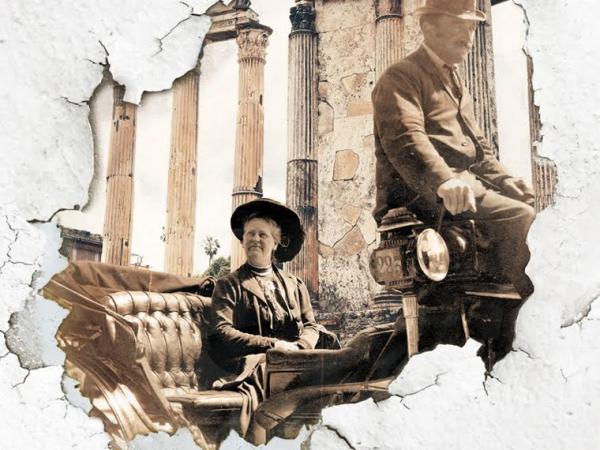Nicola Terrenato, Esther B. Van Deman Collegiate Professorship in Roman Studies, Inaugural Lecture
150 Years in Rome A Tradition of U-M Archaeology

Wednesday, March 29, 2017
4:10-5:30 PM
Amphitheatre
Off Campus Location
Roman expansion is an endlessly fascinating episode of human history, usually explained as a violent imposition of imperial rule, followed by the diffusion of a dominant culture. From Charlemagne to Queen Victoria, countless military conquerors have drawn inspiration and legitimation from Rome. Yet, it is possible to tell the story in radically different terms. Building on recent research, it can be argued instead that the Roman empire was made possible through intense negotiation between elites belonging to a variety of ethnic groups. A ‘grand bargain’ was reached that was based on integration, synergy and access to power for the incorporated communities. Over time, an imperial elite culture emerged that was as new for those who had joined the empire as for those who had initiated it. An alternative narrative of this kind offers an unexpected example of how some pre-modern empires could be based on consensus and inclusion more than on threat.
| Building: | Off Campus Location |
|---|---|
| Location: | Rackham |
| Event Type: | Lecture / Discussion |
| Tags: | Classical Studies |
| Source: | Happening @ Michigan from The College of Literature, Science, and the Arts, Kelsey Museum of Archaeology, Interdepartmental Program in Ancient Mediterranean Art and Archaeology |

